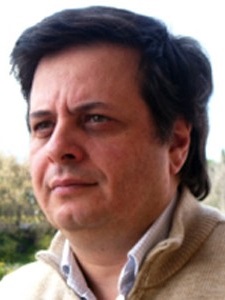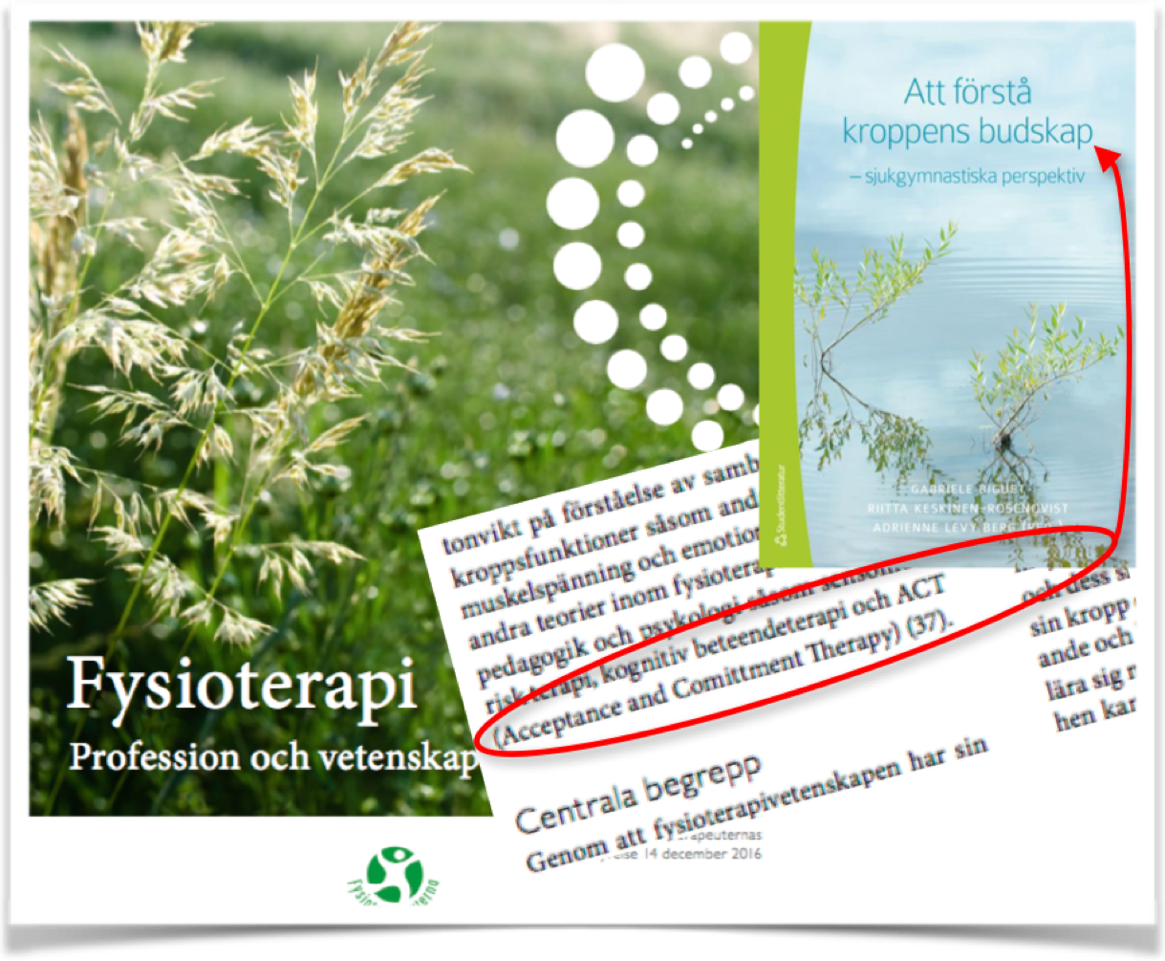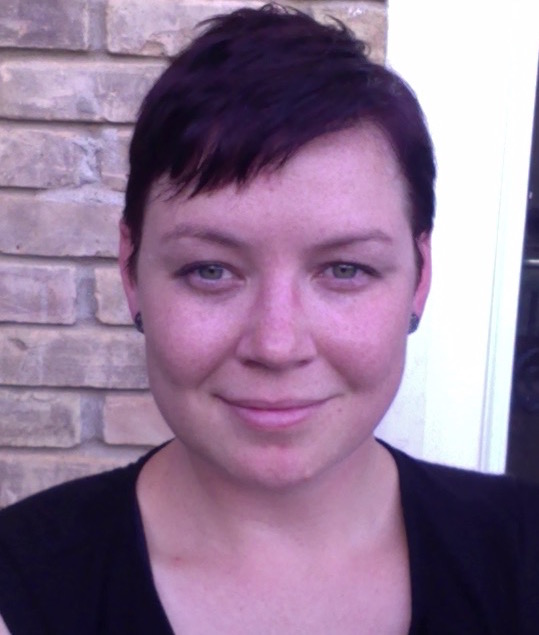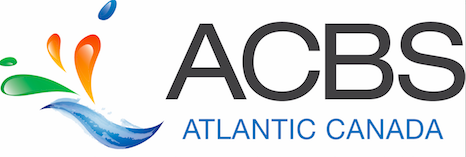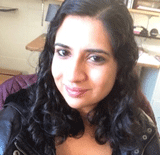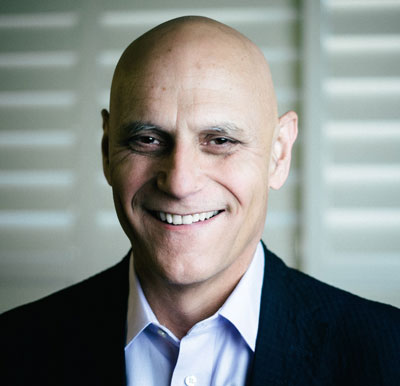2017 #3 Newsletter (May)
2017 #3 Newsletter (May)|
ACBS Newsletter - May 2017
|
|||
Interview with Nanni Presti
The ACBS Chapter and SIG Committee Co-Chairs Mark Sisti and Brian Pilecki interviewed Nanni Presti, as part of the commitee's Chapter Roundtable series. | |||
The ACBS Grant Committee Needs Your Help!ACBS provides two $5,000 grants for research that advances the field of contextual behavioral science through Research Development Grant applications approved by the ACBS Grant Committee. We are looking for volunteers, for both the current grant cycle, as well as standing members of the Grant Committee to help us select and award grant applicants. Each grant will be reviewed by two reviewers, and the review of each application takes approximately 30 minutes. If you are willing to be a grant reviewer and help further high-quality, innovative research projects that expand the field of CBS, we encourage you to fill out a quick, 2-minute webform. You can learn more about the call for reviewers, including specific areas of expertise that we are looking for, on our news page. To learn more about previous research that has been awarded the ACBS Research Development Grant, please check out our most recent winners here. The call for Grant applications will open September 1, 2017. |
|||
ACT recognized by Swedish Medical Community!
To our knowledge, Sweden is the first country to recognize ACT in a medical profession - The Swedish Association of Physiotherapy (Physical Therapy) has officially recognized acknowledged ACT as a theory and practice in the reviewed version of the professional competencies. The reference is a book given by the Swedish University Press (Studentlitteratur) where Graciela Rovner, a physiotherapist who also works as an ACT peer-reviewed trainer, wrote a chapter about using ACT in the context of physiotherapy and pain rehabilitation. |
|||
ACBS FellowsACBS is pleased to announce our 2017 class of Fellows. |
|||
Michael J. Asher Student Dissertation Award Winner
It is our great pleasure to announce the winner of the new Michael J. Asher Student Dissertation Award, Danielle Moyer, a Ph.D. student at the University of North Texas, studying under Dr. Amy Murrell, won the award to support her dissertation proposal examining the role of empathy and perspective taking in predicting and influencing bullying behaviors among middle-school aged teenagers. More specifically, Danielle hopes to replicate previous research showing how an RFT-based model of empathy in young children, and uncover what role perspective-taking deficits play in the expression of peer aggression. Danielle also seeks to elucidate the common ground between deictic framing and theory of mind, and promote the prevention and intervention of bullying behaviors using RFT-based tasks. Join us in congratulating Danielle on her award, and wishing her the best of luck on her dissertation project! |
|||
Reflections on the Atlantic Canada Chapter's First Year
Starting and maintaining a regional ACBS chapter can be a daunting experience. However, help can sometimes come from unexpected places, as Atlantic Canada Chapter president, Susie McAfee, found out. She has kindly provided us with her own reflections of the first year of the Atlantic Canada Chapter's existence, providing some insight and experience into some of the ups-and-downs associated with starting a new chapter. Dr. McAfee also elaborates on some of the perks that come with chapter membership. To learn more about this experience, please visit our news page, and check out the Atlantic Canada Chapter webpage to learn more about the chapter. We also encourage you to check out our list of affiliated chapters, and consider joining the chapter associated with your region! |
|||
Student Spotlight Award Winners
It is our pleasure to introduce our most recent student spotlight award recipient, in conjunction with the ACBS Student SIG! This month's first featured student is Sonia Singh, a third year graduate student studying at Bowling Green State University under Dr. Bill O'Brien. Sonia has been involved in several research studies, including using FAP to improve quality-of-life for nursing home residents, and ACT to decrease workplace stress, assault, injury, and abuse for nurses and nurse aides in long-term healthcare settings. Sonia plans to continue her academic work beyond her student career, and plans to utilize contextual behavioral therapies with underserved and stigmatized populations. You can learn more about Sonia and her work here. |
|||
Our next featured student is Wang Fenfen, a 2nd year Masters student at the Institute of Psychology, Chinese Academy of Sciences. under the supervision of Dr. Zhu Zhuohong. Wang has been involved in disseminating contextual science to lay populations, having published over 30 popular science articles on ACT and RFT across Chinese social media websites. Wang has also investigated the use of multiple exemplar training to teach relational framing skills for children with autism spectrum disorders. Wang hopes to continue studying the assessment and training of derived relational responding among autism spectrum disordered individuals. Find out more about Wang's experiences here! |
|||
Get Acquainted with ACBS - Many Congratulations!Please join us in welcoming and congratulating our newly elected board members! This year, we are welcoming |
|||
Taking CBS to the CommonersFrom Dr. Paul Atkins: If you read the title of this piece, you probably thought I was talking about poor people, the dispossessed or maybe that I was hopelessly elitist. But by "commoners" I mean users of the commons. A commons is a shared resource, combined with an interested community and a set of social agreements and norms that the community use to manage the resource. The internet has made cooperation possible with lots of unexpected forms of the commons: knowledge (e.g. Wikipedia or ACT therapy techniques), cultural products (such as stories and songs) or even experiences (riding the waves at your favorite surf beach). Anytime humans gather together and cooperate, and where a system of agreements has developed that is contextually appropriate and 'owned' by the community can be seen as a commons. The commons is a huge idea - it is the 'third way' in the sense that it complements the activities of markets and states, perhaps allowing us to live closer to our values through empowerment and authenticity. So why am I talking about all this? Because ACT and CBS are being used to build a new commons called PROSOCIAL - a process that helps people build psychological flexibility, perspective taking and consensus-oriented, purposeful and equitable decision making in the service of a new vision of society. The PROSOCIAL initiative has been primarily driven by David Sloan Wilson, an evolutionary biologist, and ACT co-founder Steve Hayes. When we first started articulating the PROSOCIAL process, I think we had a sense of its transformative power. But the more we work with it, the more we see that it is not just another management model, it is a whole new way of implementing the vision of ACBS. We are now using the model with public service agencies, corporations, schools, community groups and other not-for-profit groups. If you are interested in learning more, you can come to our preconference workshop in Seville or email me for more information. ACT co-founder Steve Hayes has been a driving force in this effort. Evolutionary ideas are changing his thinking about therapy as he continues to advance ACT work in clinical settings. Interested in cutting edge ACT for your own practice? To be the first to hear some of Steve's latest methods join him for a one-time live event online: |
|||
ACT at the cutting edge: A live-only event with Steve Hayes |
|||
|
|||

